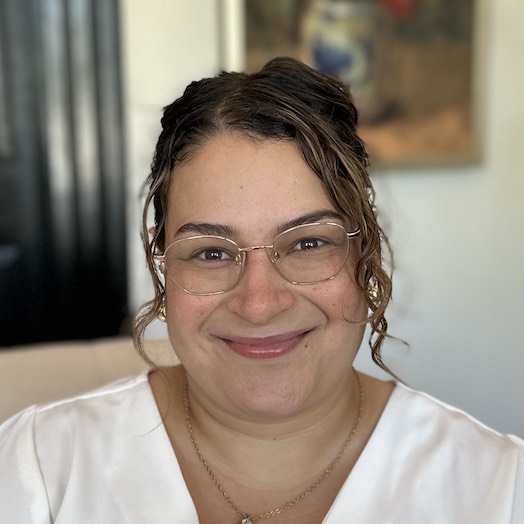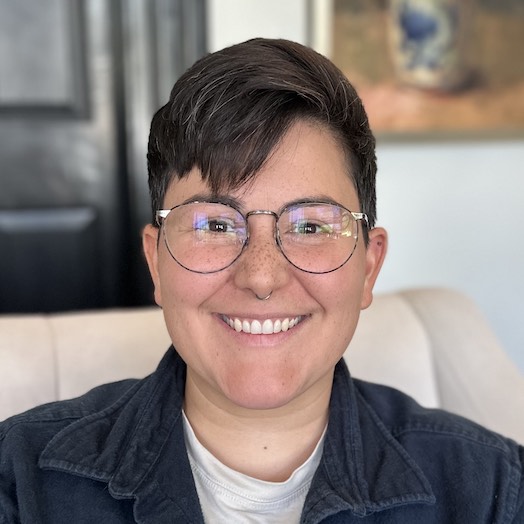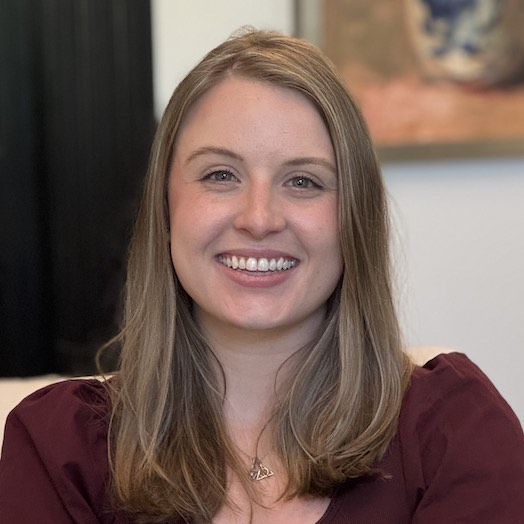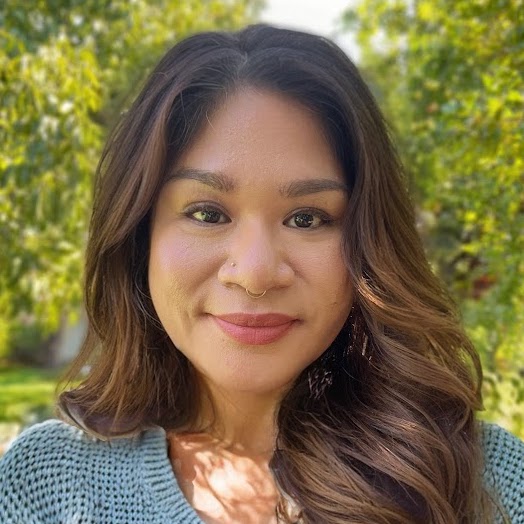
Beginning therapy is truly a commitment. Although it is typically one hour a week or every other week, it can open up so much between sessions. You might find yourself feeling depleted or emotionally drained. Sometimes there is anxiety or exhaustion before or after a therapy session. This is normal! We often say that therapy can feel worse before it feels better. Compartmentalizing can make it all feel unmanageable if you are packing it away after each session
The truth is, therapy works best when you are making changes between sessions as well as during. I know this may feel frustrating. You just took this big step to help yourself and your relationships, committing to regular sessions, digging up big feelings and maybe even stuff you haven’t thought about in a while. Now you are having to do even more in between? Yes… But! It will help the therapy be more effective and even a little more comfortable. Think of it like daily stretching between a weekly exercise class or reviewing your notes on readings before a course lecture. It keeps it in practice and relevant in your mind.
Here are some things to practice in between sessions:
Practice your coping skills.
It is very unlikely that you will pull out a new skill and use it when you are emotionally overwhelmed. By practicing a new coping skill (breathing exercise, journaling, guided meditation, etc) when you are in a calm, regulated state, you will have it in your “tool kit” and more likely to access it when dysregulated. Finding coping skills that work for you and making them a self care routine can be a great step.
Journaling or processing.
Journaling isn’t for everyone but I often recommend clients to try it when starting therapy. Even if you have tried it in the past, it can be a different experience while working through some big ideas or feelings. It can also be a great way to jot down some things you want to discuss at the next appointment, or thoughts you had after a previous session. Sometimes a therapy session “plants a seed” that grows between sessions. If journaling is not an option for you, some folks find making voice notes or recordings to be helpful between sessions.
Caring for your body.
We hold emotions in our bodies. Sometimes people feel a sense of physical and emotional exhaustion after a therapy session. It is important to nourish yourself through nutrients in food, rest, and movement. Caring for your body helps you care for your mind.
Focus on community.
Lean on your support system! Therapy is not a replacement for other relationships. So much reparative healing can happen when you utilize the skills you learn in therapy with the people in your life. Seek additional support from your people or even find new ways to connect with others.
Gentleness and patience.
Be patient with yourself. You are likely bringing a lot of things to the surface, feeling emotions that you had neatly tucked away, and learning new ways of being. It can feel really raw and challenging. Practicing self-compassion and allowing yourself to make mistakes is a part of the process.
Try not to feel overwhelmed by all the changes and new skills. You are taking big steps to care for yourself and your relationships. Therapy is hard but it shouldn’t feel paralyzing, daunting, or overwhelmingly triggering. Take care of yourself and take it one day at a time. Communicate with your therapist about what’s working and what’s not. It can really help to create a plan to implement before and after sessions. You’re doing great!
Remember, the team at Love Heal Grow Therapy is here for you. Don’t hesitate to reach out to any of our therapists if you find yourself needing more support, whether as an individual or with your partner(s).

Hi, I’m Hannah Williams, therapist for individuals and couples at Love Heal Grow Counseling.
I help individuals and couples who want to make sense of how their past trauma & painful moments impact them, so they can heal and finally feel free, worthy, and peaceful. You can experience more fulfillment in your life and relationships! I’m here to support you.
You can read more about me or schedule an appointment here: About Hannah
Love Heal Grow Therapists
Filter & Find Your Match

Megan Negendank, LMFT, CST Founder (she/her)

Madison Hamzy, LMFT (she/her)

Natalie Delfin, LCSW (she/they)

Rachel Cloud, LCSW (she/her)

Ann Marie McKnight, LMFT (she/her)

Linda Rolufs, LMFT (Online Only, she/her)

Ashley Barnes, LMFT (she/her)

Maegan Tanner, LMFT (she/her)

Susan DuBay, LMFT (she/they)

Emily Alampi, LMFT (Online Only, she/her)

Charisse Brass, AMFT (Online Only, she/her)

Joanna de Leon, AMFT (Online Only, she/her)

Maria Dimachkie, ACSW (she/her)

Hannah Slicton-Williams, LMFT (she/her)

Abby Hollandsworth, AMFT (she/they)

Liza Haroldson, LCSW (she/her)

Justine Marine, AMFT (she/her)

Jamie Silva, AMFT (she/her)

Emily Sharp, ACSW

Larissa Manalansan, AMFT (she/her)

Emma Derstine, APCC (she/her)

Amber Westbrook, ACSW (she/her)

























